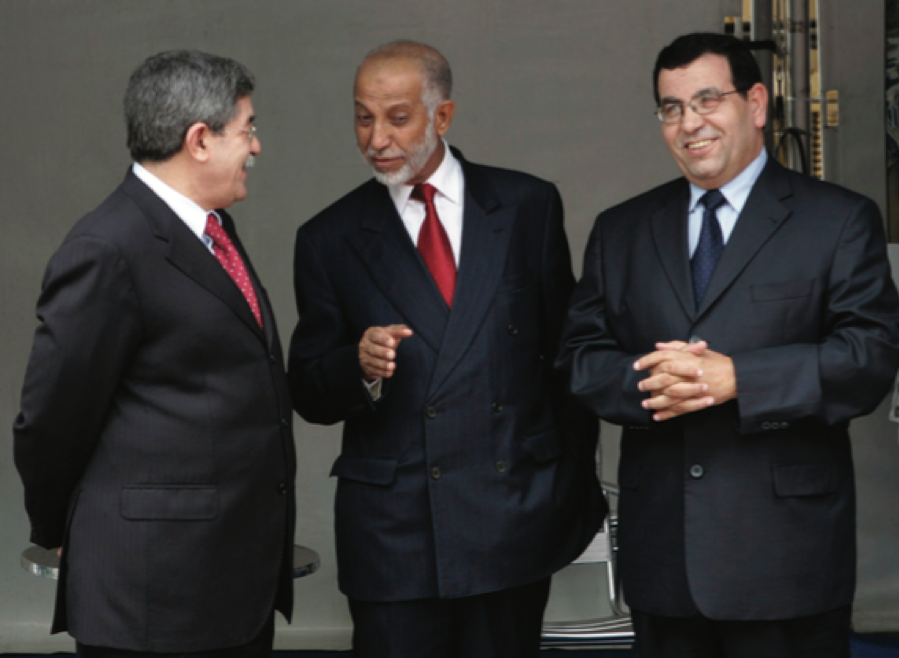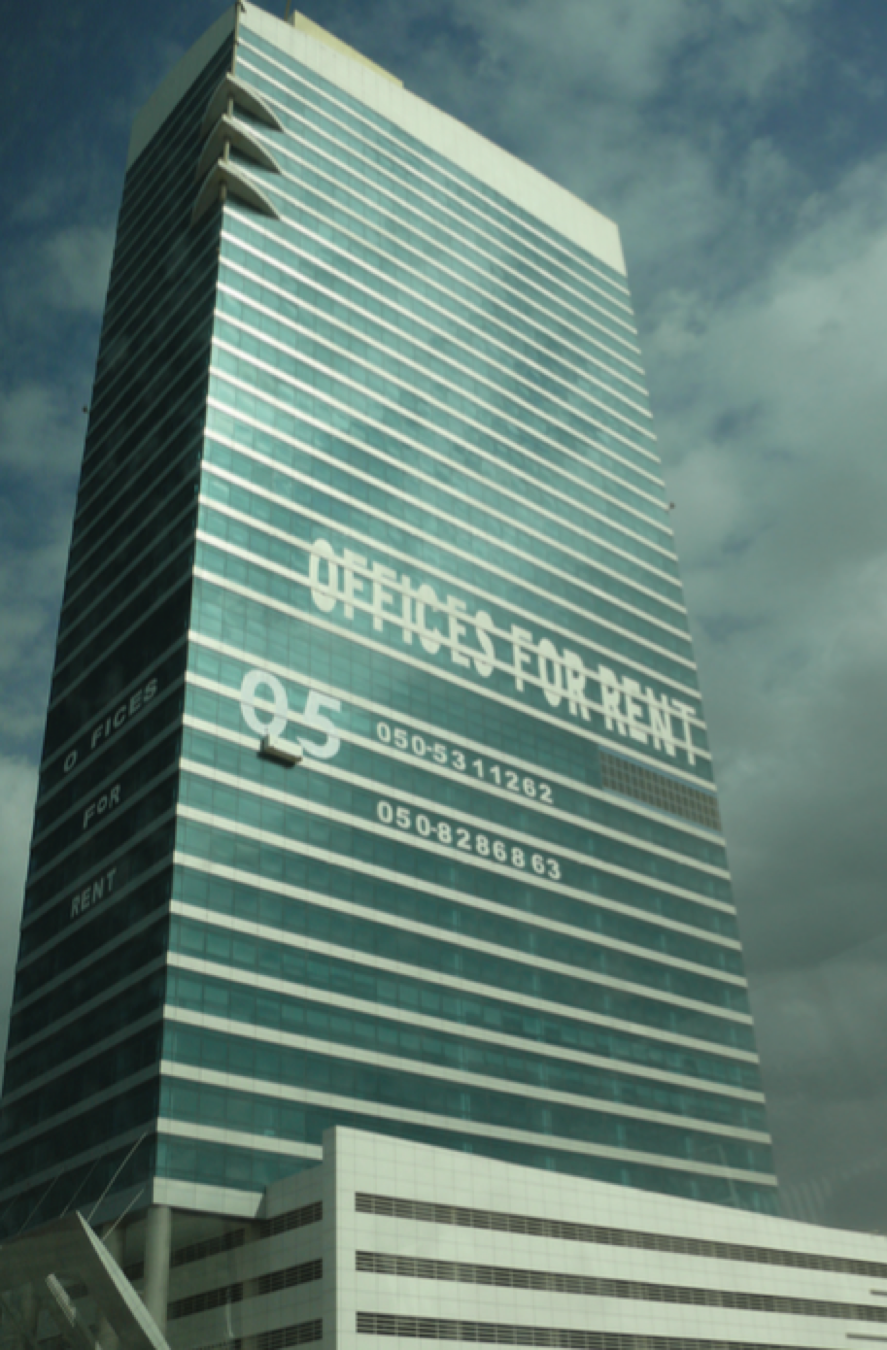The Algerian investment climate has changed significantly this year, with sweeping government reforms curbing imports and benefiting local businesses through encouraging foreign capital inflows.
One of the most significant amendments requires all future investment from abroad to partner with an Algerian shareholder, limiting foreign ownership to a maximum of 49 percent. Foreign direct investment projects must also be approved by the National Board of Investment, while capital increases for partnerships must come from domestic services.
New regulations require foreign traders established since July 28 to have a minimum of 30 percent local participation in their capital. Another piece of legislation obliges all import related payments to be backed up with a letter of credit. Reacting to heavy domestic and foreign criticism due to increasing bureaucracy and associated costs, the Algerian Association of Banks and Financial Establishments has stated that by late August exemptions would be made with regards to imports of half-finished products, as well as those “necessary for national production.”
The government’s objective seems clear: to increase the role of domestic companies in the country’s economic development while reducing imports to help local industry.
In recent years, revenues from the hydrocarbon sector have resulted in a comfortable current account surplus. However, due to the lower oil prices and growing levels of imports, the trade balance has come under increasing pressure.
During the first half of 2008, exports exceeded imports by a significant $22.21 billion. Lower oil prices have hit export revenues through 2009, while import levels continued to grow. As a result, the nation’s trade surplus stood at $1.44 billion after the first seven months of this year.
The legislative changes have slowed commercial activity, particularly among foreign investors who faced a significant tightening of business opportunities.
Unhappy trading partners
The European Union has also been critical. At the end of June, EU Trade Commissioner Catherine Ashton expressed her disagreement with the 30 percent ruling in a letter to the government, claiming that it was in violation of the ‘Association Agreement’ signed between the EU and Algeria in 2008.
In a reaction to Ashton’s criticism, Hachemi Djaâboub, Algeria’s minister of commerce, said, “Algeria takes its decisions in full sovereignty and no one can assume the right to dictate what it must do.” Nevertheless, the decision in July not to apply the measures in a retroactive manner has helped European concerns.
The 51 percent ruling has also led to anxiety in the Algerian business community since there are few companies with the capability to carry the full financial load, and those that are able, are predominantly public.
In anticipation of these issues, the finance ministry has established a national investment fund worth $2.1 billion. During its official launch, Karim Djoudi, the minister of finance, said its mandate “will cover the financing of investments of public projects and those of the productive sector by local banks rather than resorting to foreign debt.”
Since the need for higher local production levels has been evident for some time, and Algeria has long sought to boost capital and knowledge flows within the country, the new rules bode well for the country’s plans to increase the benefits derived from the activities of foreign companies. And although the swift implementation of the new measures has led to questions over the consistency of the investment climate, it does highlight the government’s long-term commitment to strengthening the domestic economy’s competitiveness.
Sam Inglis is Executive’s Istanbul-based correspondent
























